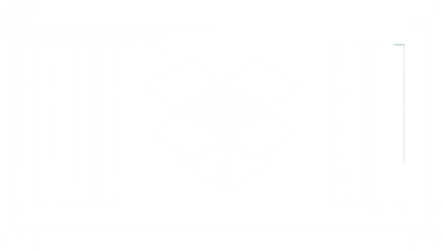Catchy title, isn’t it? It could have been copied from a Management magazine, or CIO Monthly. Note to self : check before getting a copyright infringement lawsuit.
What I wanted to write about is mostly how to deal with the fast pace of innovation in the IT cloud business.
And mostly, how I deal with it, in my specific role, and how I dealt with it before.
As IT pros, we need to always keep an eye on the market, to check emerging technologies, to check where the existing ones are going and which ones are dying. This serves two purposes :
- Keep our company and infrastructure up to date
- Keep our own profile up to date, or at least on the track for the future
In french we have an expression for that : “veille technologique”, which would roughly translate to “technological watch”.
In some french schools this subject is taught. It mostly describe how to identify the proper source of information to track, and how to track those. The sources are mostly tech websites and influencers. The tools are more diverse : RSS feed, Linkedin, Twitter, Facebook, Reddit…
In my previous position, as an infrastructure consultant & architect, I had to keep up with a limited set of technologies, mostly around databases and virtualization. My watch was purely technical, and dealt with detailed evolution of some component : which new feature was available in the latest version of Vsphere ESX, what capabilities was expected in the future release of Oracle DB etc. In that scenario, using RSS feeds, and attending some virtual events from the software editor was enough. I could keep up with the innovation pace by investing something along the line of one day per month of my time.
Today, if I consider my CTO-like role, the job is more complex. The scope I have to watch is much broader. If you consider only Microsoft Azure and the services it may provide, it is already almost impossible to keep up. For example, if you use the blog posts “Last week in Azure” which only relate to official news from the Azure blog, you get around 30 news per week (https://azure.microsoft.com/en-us/blog/last-week-in-azure-week-of-2018-02-12/). If you want to dig into each announce, and find out how it might affect you, this will take more time than you have in a week 🙂
And that does not count anything outside of official Azure news. If you add some specific content creators, from Microsoft or not, which post also every week, and then also add news and tendencies around DevOps… you get the point. I forgot the podcasts, and videos…
The main risk, as the title stated, is innovation burnout, or innovation overload. From what I have seen with colleagues, partners and customers, most of them do not want to keep up with that mass of information. Fortunately, I love learning new stuff, and I love information. Here is how I am currently working to get the most relevant information in my mind, and keep up with the news stream.
I have separate tools for separate needs, and most important, I do not use them in the same environment and pace :
- I use RSS feeds to track some news websites and blogs. I use those for both ends of the scope : news websites that publish a lot, which makes RSS feed scanning worthwhile, if you are a quick reader; and professional blogs where the authors publish irregularly.
- We also use the official Azure blog RSS feed directly into Slack, so that we can discuss easily any announcement that might be interesting for us or for our customers
- I tend to avoid in person micro events where you get to see a session on one subject, for half a day. This usually means that you consume at least half a day, or more, for unguaranteed return on investment. Unless the speaker is well renowned, or the session is a way of meeting with people you need to meet anyway.
- By the same book, when I go to official conferences, I mostly do not attend sessions. I attend some of them, but my main information media is people. I’d rather talk to five different people during the same 45 minutes, and get their opinion and feedback on the same tech. Unless the tech is not out yet and no one has been using it 🙂
- I also use podcasts, mostly for business and market trends, as well as general information. I listen to those usually when I travel, and am mostly way behind in my podcast list 😉
- Lastly, I use discussion with my fellow humans to share and discuss tech (and non-tech) trends : colleagues, partners, competitors, customers, prospects etc.
All in all, I tend to remain at a high level of information on tech trends, until I have a real need to dig into one, and find out how it is applicable to a specific scope and project. This allows me to keep my sanity, and have some productivity every day!

